Photos: When kids fight
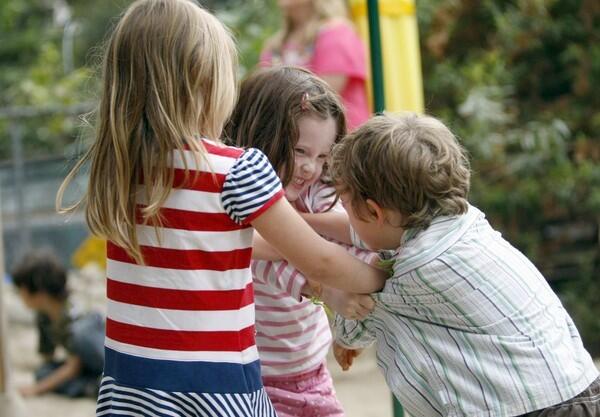
By Madeleine Brand
The best way to resolve children’s conflicts may be not to resolve them at all. Susie North, a professional mediator and parent educator, said adults shouldn’t try to decide who’s right, who started it, who had the toy first. Instead, they should mediate with the goal of teaching kids to resolve their own problems. Here, children play at the L.A. Family School, a preschool North used to run. (Allen J. Schaben / Los Angeles Times)
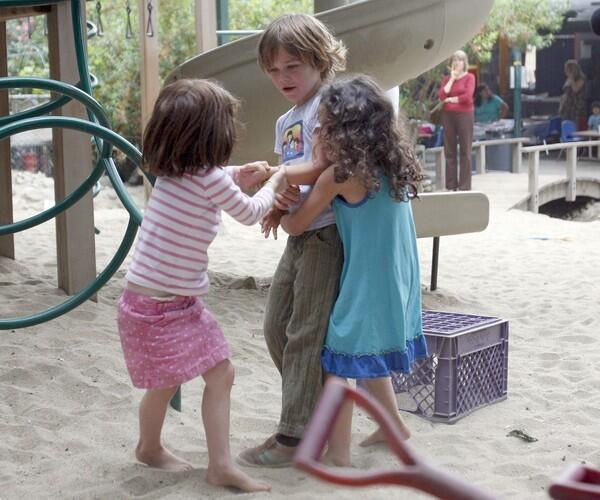
North watches kids from afar. When disputes do arise, she says, don’t focus on who’s right or who started the fight. Instead, lead a discussion of what happened. If the fight is over a toy truck, for example, say something like, “Boy, we both want that yellow truck. I’m going to hold the truck while we talk about it.” (Allen J. Schaben / Los Angeles Times)
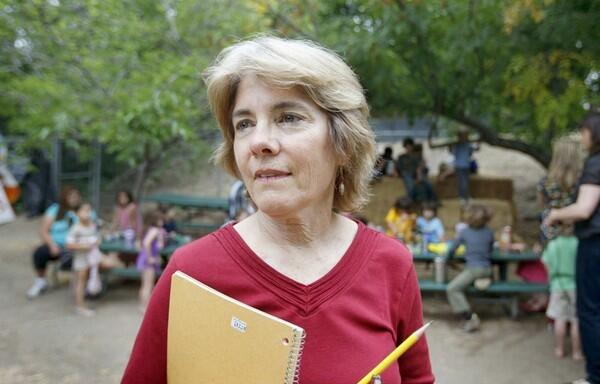
North, during a recent visit to the L.A. Family School. (Allen J. Schaben / Los Angeles Times)
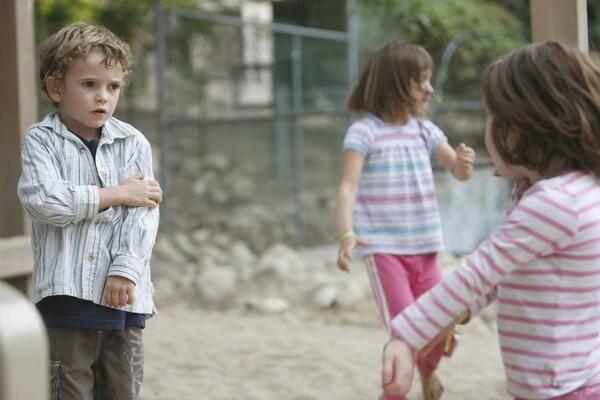
When disputes arise, North says, get children to express their emotions in words. Name the emotions: “You sound like you are so upset over how he talked to you.” Sometimes, North says, kids need to know that they’re not just in a shouting match -- that somebody hears them. When they are looking sad, say, “You look really sad.” Use rich emotional language so they own their feelings and learn to express them to others, North says. (Allen J. Schaben / Los Angeles Times)
Advertisement
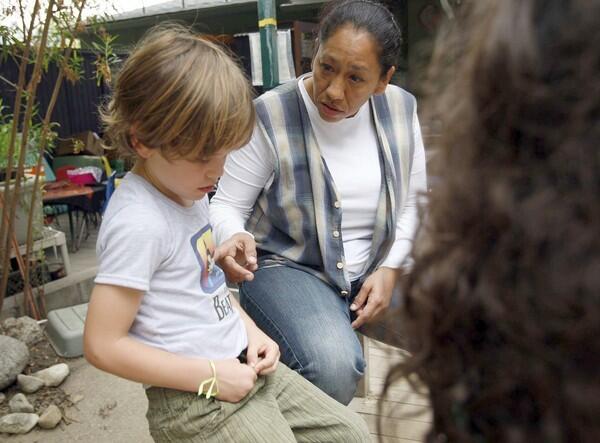
Teacher Alicia Arriaga talks with Lucas about how he might resolve a playground dispute. (Allen J. Schaben / Los Angeles Times)
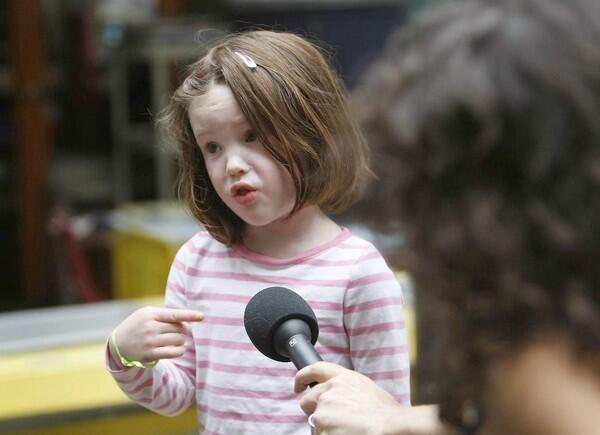
Lucy explains her feelings. (Allen J. Schaben / Los Angeles Times)
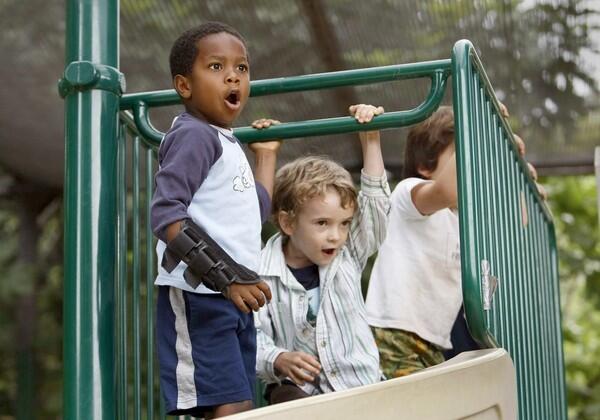
Being an arbitrator can put stress on a parent, who feels pressure to be all wise and all powerful and can fear making a wrong decision. Assist children with communication rather than hand down decisions, North says. (Allen J. Schaben / Los Angeles Times)
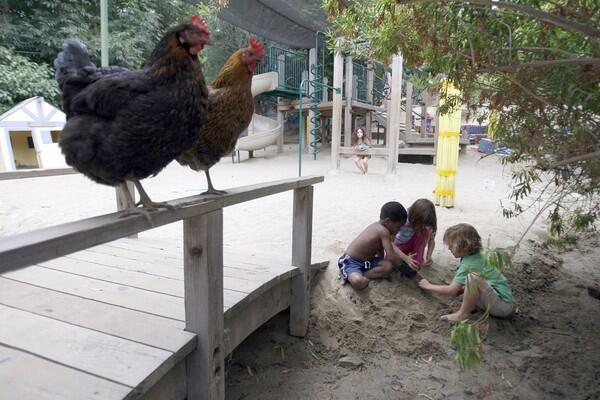
Should you make children say they’re sorry? Not if they feel no regret, North says. If you force anyone to apologize when they aren’t sorry, you’re asking them to lie, to be dishonest about their feelings. Instead, when you see a child glum after he has done something bad, ask him: Do you feel bad? Do you feel like apologizing? That’s coaching, North says, and the child can say yes or no. When a parent senses genuine remorse, then it’s helpful to walk kids through an apology. (Allen J. Schaben / Los Angeles Times)



